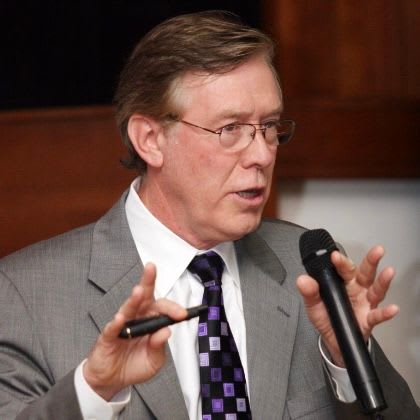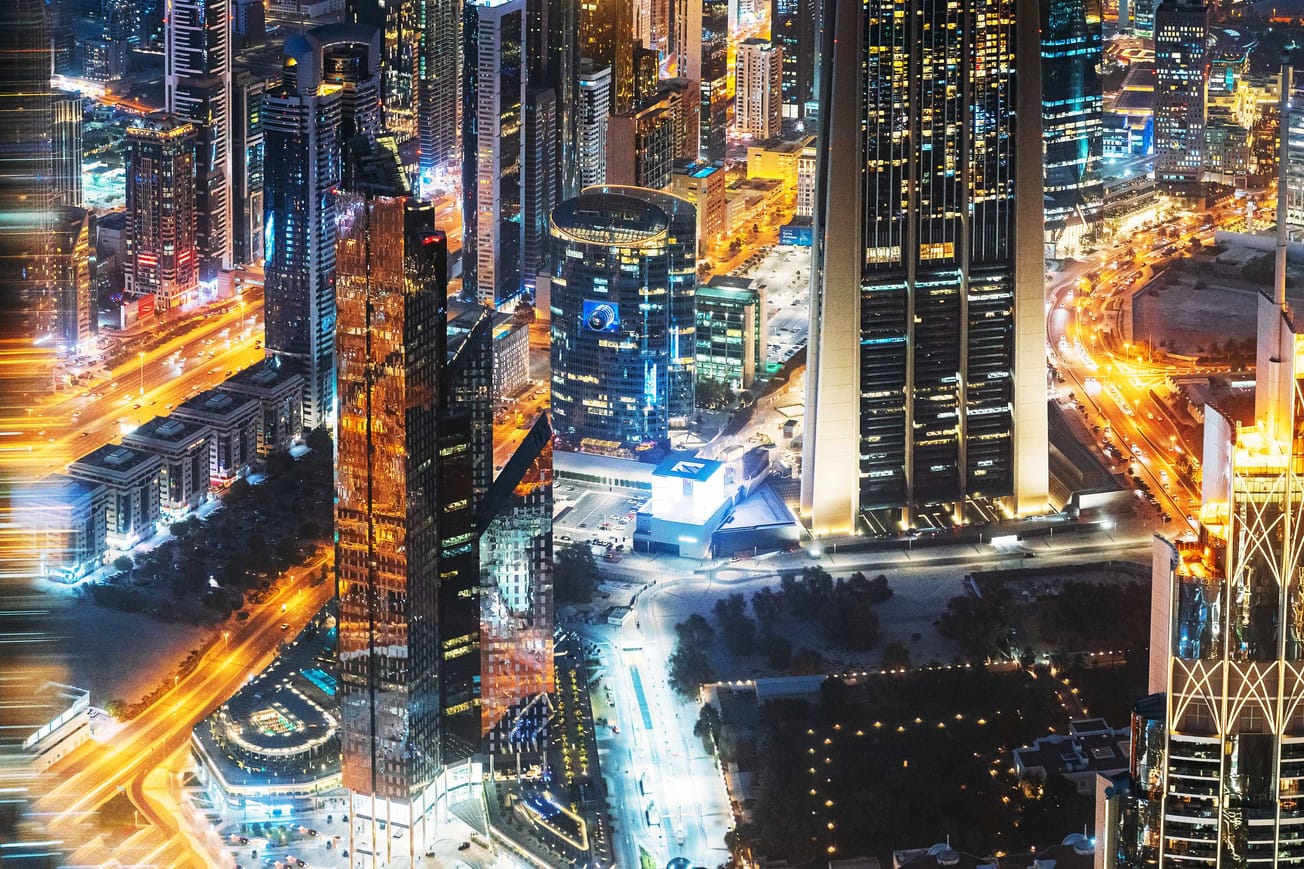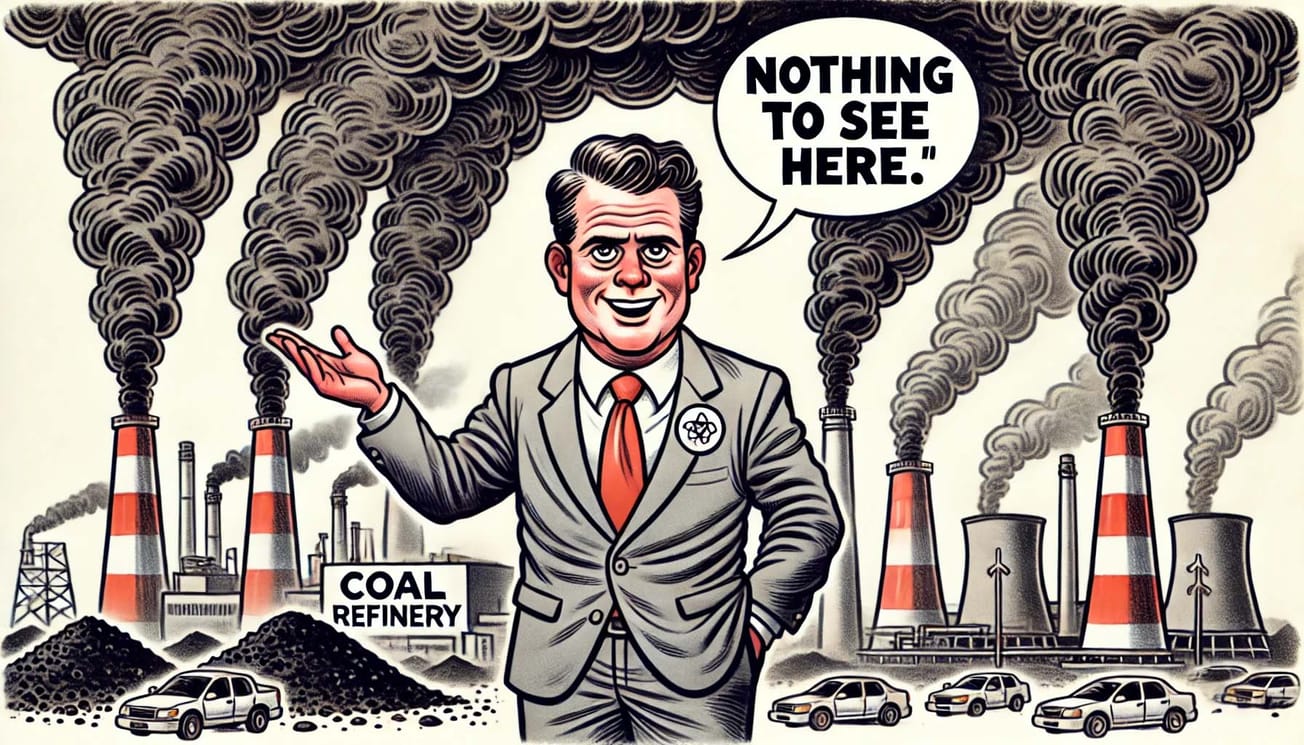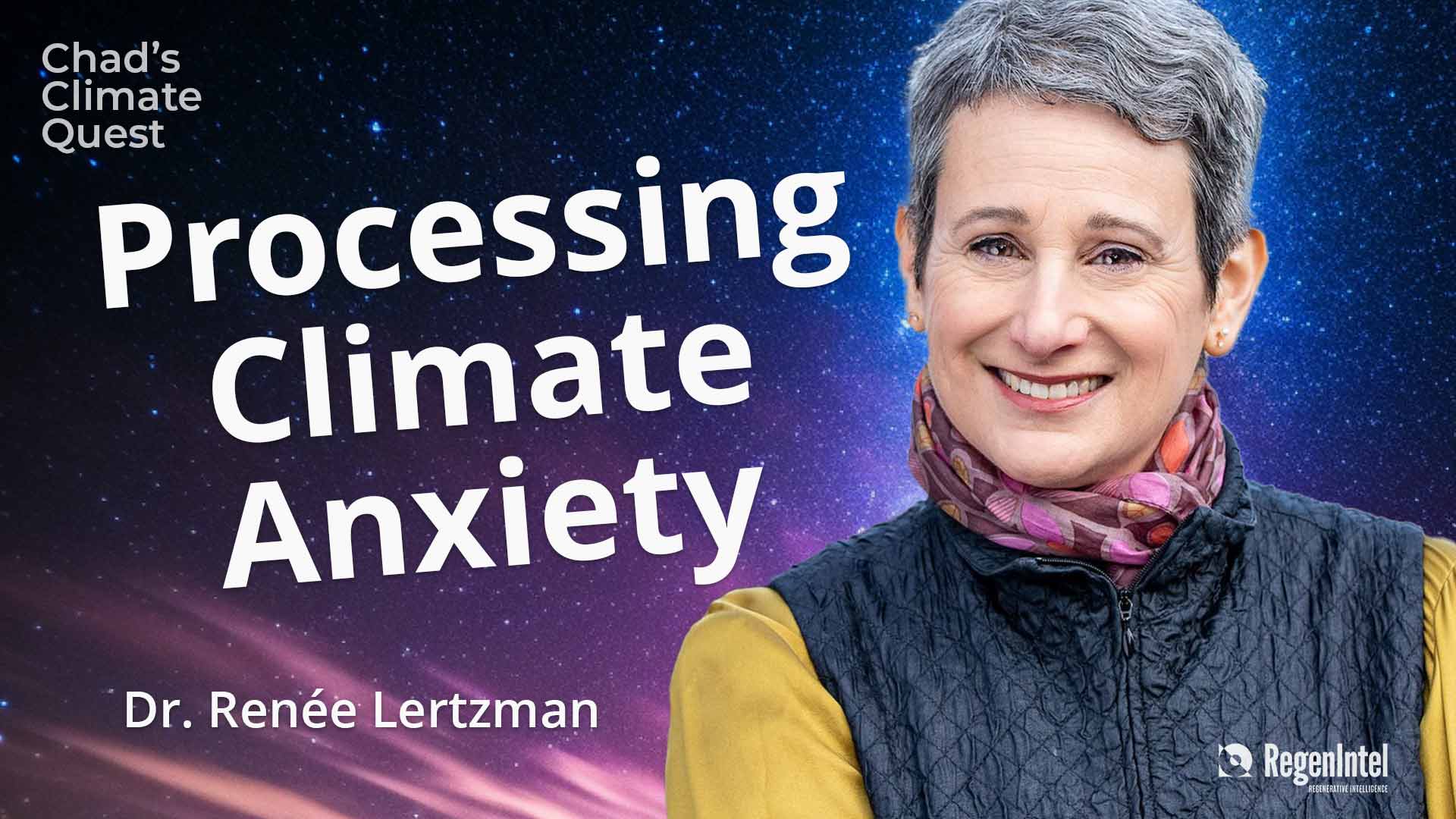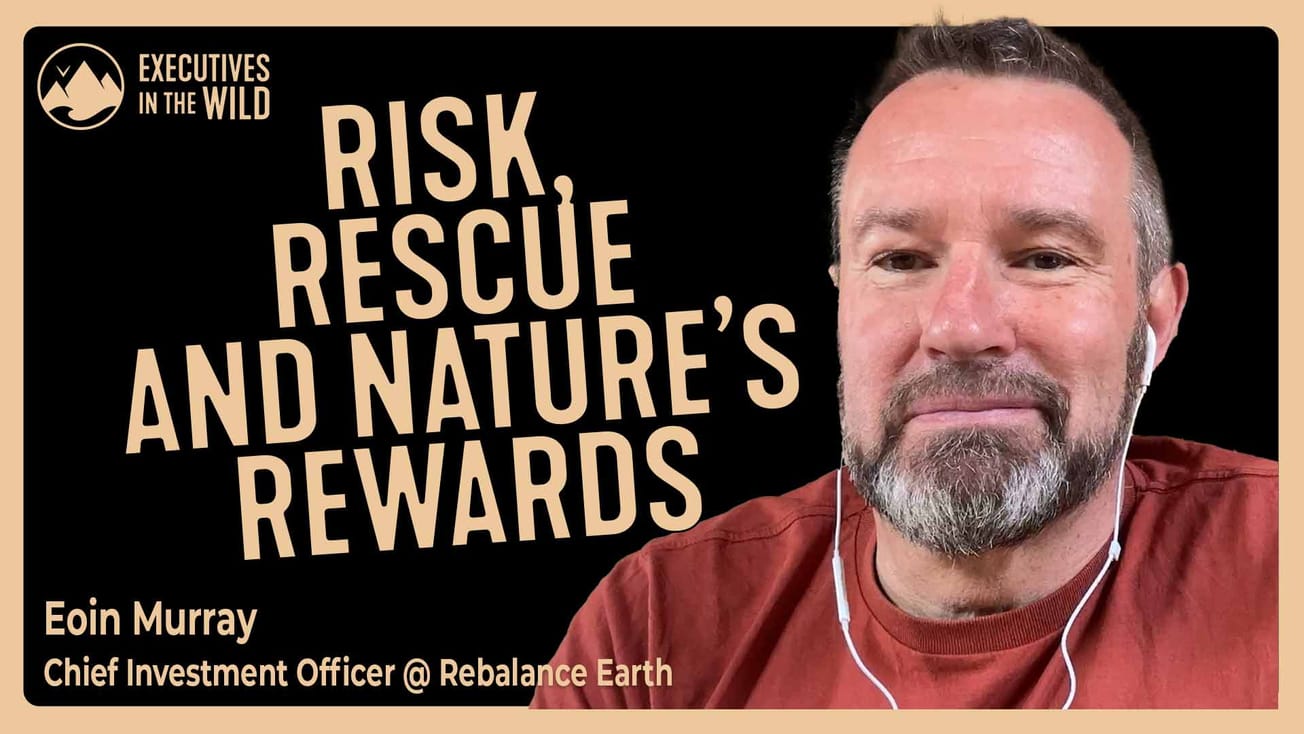Yes, people are freaking out. Just the other day More than 1,000 technology leaders and researchers, including Elon Musk, signed a letter warning that A.I. tools present “profound risks to society and humanity.” Committed resistance to revolutionizing technologies is deeply embedded in society. From Greek myths warning us of the fate of the likes of Prometheus (giver of fire and knowledge to mankind) or Icarus whose pride defied the gods, people have a deep-rooted fear of potent technologies.
This is often expressed as either a fear of being replaced like the 19th century Luddites destroying weaving machines, or a deep-seated anxiety of being annihilated such as was first greeted by the electrification of cities. In 1889, after a New York City electric lineman was electrocuted, the city’s leading newspaper wrote “any moment may bring a similar horrible death to any man, woman or child in the city.” People began to take matters into their own hands chopping down the wires over their buildings. They even began throwing out their telephones, as a newspaper wrote, “as if the little wires which connect them went straight to the river of death.” It was only the legal intervention of George Westinghouse that stopped the wholesale removal of the city’s electric system. A city newspaper wrote of Westinghouse and the judge’s decision to stop their removal, “How ignorant or how deceitful, and how contemptible in either case, appear the assurances of safety with which the community has been mocked for years.” Today we are thankful that those momentary visceral passions were held in check by more tempered rationality. Otherwise you wouldn’t be reading this on a screen.
Andreessen listed and dispelled five leading AI fears:
- Will AI kill us All
- Will AI ruin society
- Will AI take all our jobs
- Will AI leading to crippling inequality
- Will Ai help bad people do bad things
We’re firmly in the camp AI will help save us. We’ll defer for another time why we believe AI fears are unfounded and will for brevity link you to Andreessen’s article, Why AI Will Save the World | Andreessen Horowitz (a16z.com) for those wanting to explore his rational in depth.
My argument as to why AI will be a positive, and most likely defining tool is simple. We have stressed the natural systems to their breaking point, and we are unable to integrate the needs of contemporary civilization with the limits of our natural systems because of the complexity of these interactions. Understanding the full range of those interactions – ecological, economic, and personal health and psychological well-being – are beyond our capabilities without the aid of AI. This is not an argument for some high-tech adaptive approach to addressing an array of existential threats. It is simply an admission that we have painted ourselves into a corner that we cannot escape without assistance. An assistance that uses and expands the most powerful force on the planet – the human intellect. We have been on a progressive march of understanding and technological innovation for ten-thousand years. That intellectual journey has brought us to this tipping point, where seemingly insurmountable problems can be matched by a vastly expanded human-created intellectual capability.
At root, culture and technology are the two intertwining forces that shape human destiny. We are now reaching that apex envisioned by the Jesuit philosopher Teilhard De Chardin and Russian scientist Vernadsky one hundred years ago, when they saw our technology connecting global humanity in an interconnected ‘sphere of reason.’ Although they never envisioned AI as a driver in this culmination, the interconnection of Web3, AI and Quantum Computing will soon reach a point where they will be the key determinant in shaping our culture, arriving just in the nick of time to achieve a sustainable future.
As Marc Andreessen concludes, “we must work to make AI a reality against a wall of fear-mongering and doomerism.”



